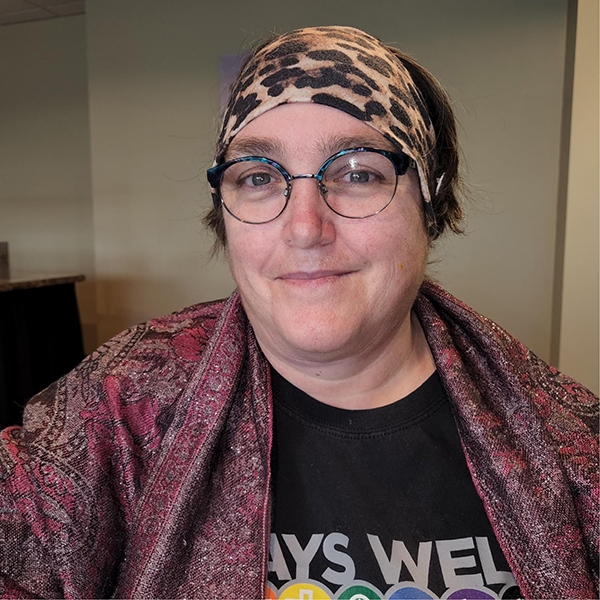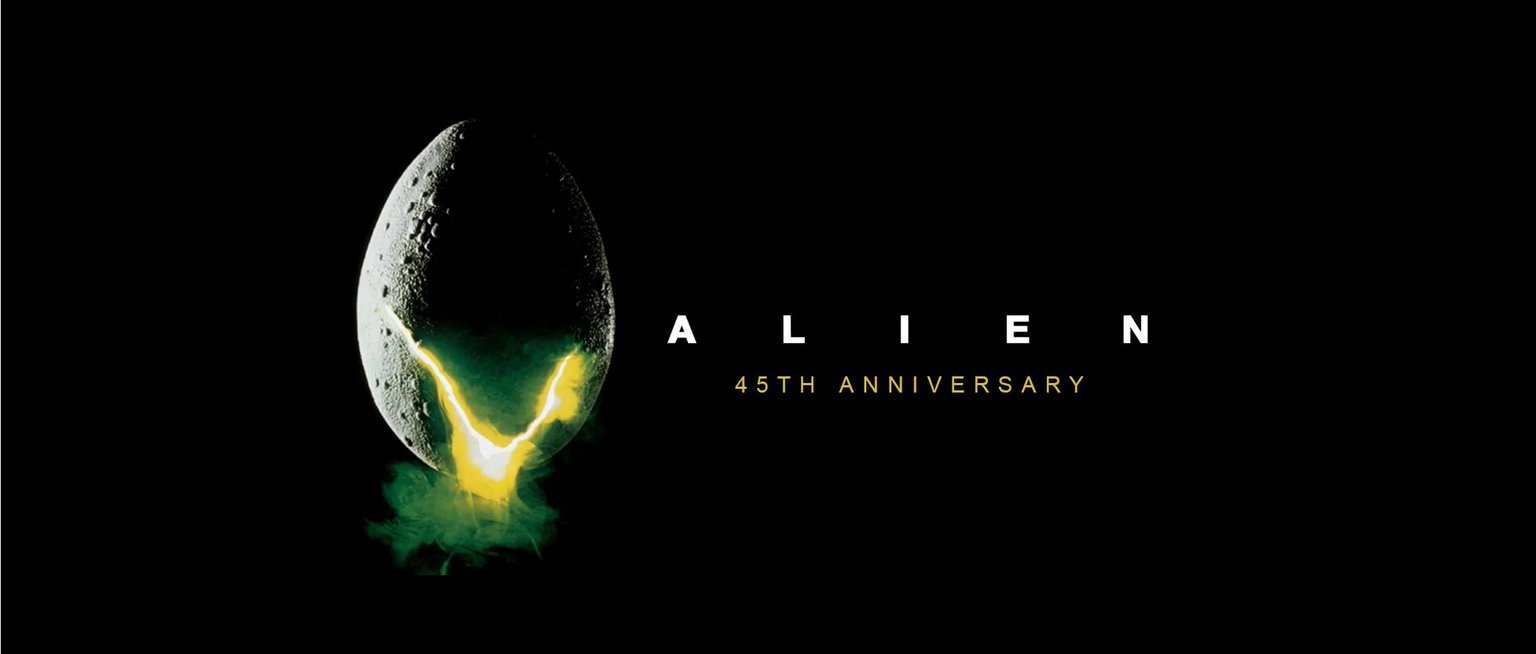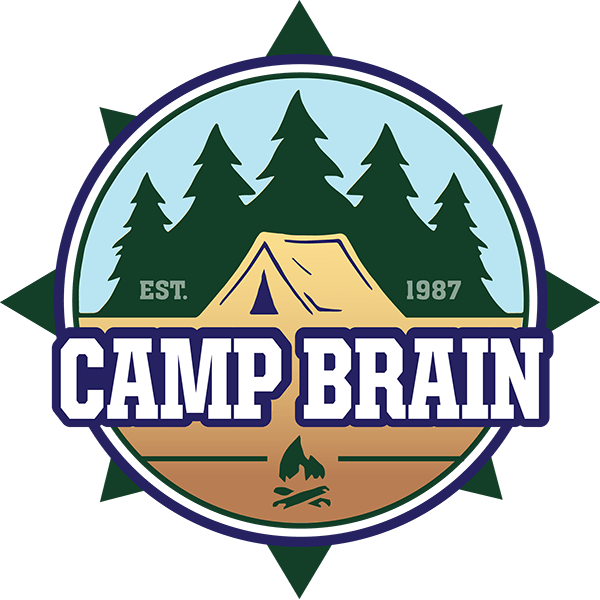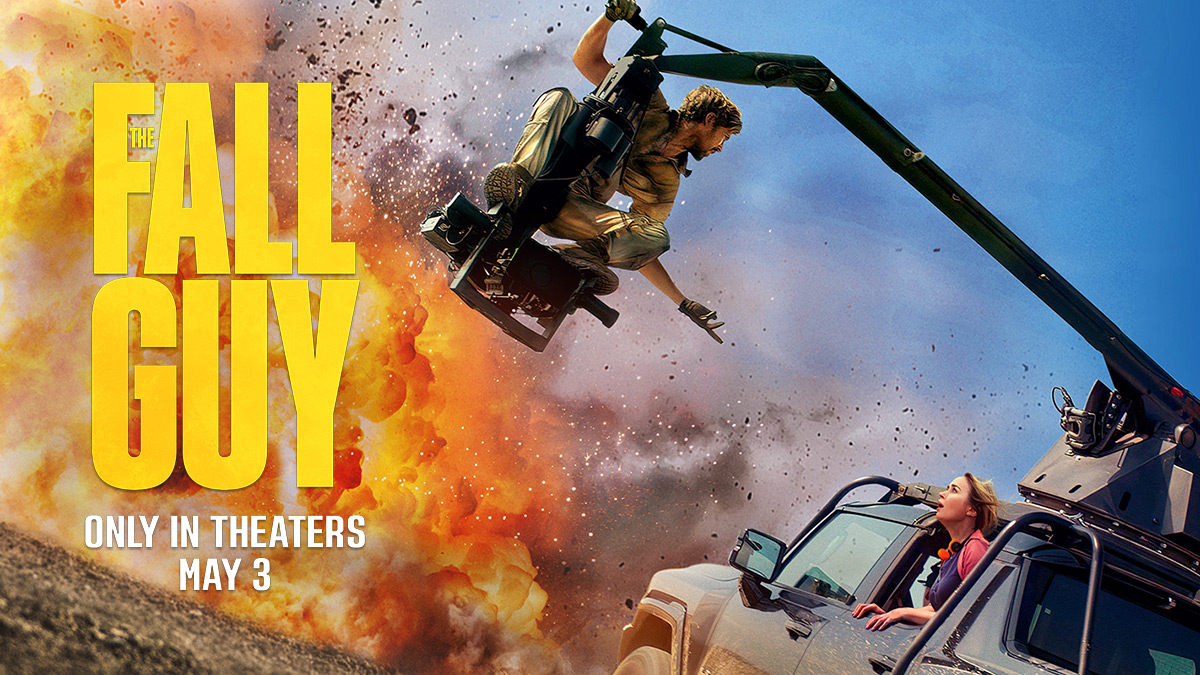Tales of Generosity and Survival
Donations to the Brain Injury Alliance help in a variety of ways. It could be to help keep a brain injury survivor together with their pet. Or prevent the electricity from being turned off. Even sending an adult to an accessible overnight summer camp, like Camp Brain.
But one of the most visible effects of funds raised is the organization’s ability to present the annual Rays of Hope conference for survivors of brain injury and caregivers for free. This year’s gathering will be held May 5-6 at the accessible Desert Willow Conference Center in Phoenix.
In addition to learning from peers and presentations from professionals, survivors have a chance to reconnect on a personal basis. They share their stories, their triumphs, and their struggles.
Last year, hundreds attended. Here are two of their stories:
KUNA AND EVIE WILLIAMS
It was 2006 and Kuna’s friend had recently passed away and several of his buddies were getting together to share memories at a pool hall across town. He put on his helmet and jumped on his motorcycle and departed from the home he was so proud to own.
He never made it. He was hit by a car and his head hit the pavement. Even though he was wearing a helmet, he went into a coma.
For the next year and a half, he was at The Barrow Center for Transitional Neruo-Rehabilitation (CTN). Because he had a TBI and had lost peripheral vision, he was unable to work full time as an architectural draftsman. During this time, he also lost his prized home.
Eventually, through vocational rehab at CTN, he was able to find work at Safeway and eventually drafting, but not at his previous level. He was let go after only 49 days.
In 2000, Evie was a fifth-year student at Arizona State University. Her mother had recently died of breast cancer and Evie was developing flu-like symptoms, including headache and nausea. She was convinced they were emotional reactions to her mother’s death.
Several months later, she had something that felt like a seizure. Despite initial reluctance from doctors, Evie’s father insisted they give her a CAT scan. It turned out to be a juvenile tumor, which usually occurs during puberty. But here she was – 22 years old with a slow-growing tumor in her cerebellum.
The resection surgery was completely successful, but she was facing a long road to recovery. After nearly three months at St. Joe, she was sent to CTN until Spring, 2003.
Fortunately, Evie was able to continue her studies and receive her B.A. degree while going to rehab part-time. In fact, CTN helped her get a job as a loan officer for a mortgage company.
After a previous misconnection in 2007, Kuna and Evie ran into each other at a survivor picnic in Gilbert. They ended up dating for a few years, then got married on December 12, 2012, or 12-12-12. Kuna jokes, “As brain injury survivors, this makes it much easier for us to remember.”
Today they live in a condo; Kuna is primarily a caregiver, cleans houses, and designs graphics for a wide range of clients. Evie works for the Arizona Department of Housing, helping residents find affordable housing.
Kuna agrees. “We have to remember to be patient and don’t be afraid to make new friends.”
There’s no guarantee that things will work out happily ever after, but the Williams are doing their best to look out for each other…and their community.
LAURA LAND
Laura had come to many Rays of Hope conferences as a SPED teacher. She works with disabled families and has always found that the Brain Injury Alliance of Arizona event invigorating and offered new insights.
Last year, however, she attended as someone who has experienced brain injury four times herself – all within the past year and a half.
The first of Laura’s accidents occurred when she fell off a chair onto a hard surface. “I wasn’t quite unconscious, but it was like birds were flying around my head.” She didn’t seek help, but now believes it was probably a concussion.
Six months later, she fell backward off a chair when the wheels got caught on the floor. She hit the back of her head, then started feeling nauseous and dizzy. Bright lights also bothered her. Still, she didn’t visit a doctor.
Three months after that, she had opened the hatchback on her car when it dropped and hit her on the back of her head. The force was so hard, it knocked her into her car. Again, no medical intervention.
Later, while putting things away too quickly in her refrigerator, the door slammed into the back of her head – the same spot where she had received a blow one year ago. As a result, she can’t turn her head quickly while driving or easily adjust to bright light when she steps outside. But she did something different this time.
She has also learned from her experience and wants to share with others with any type of brain injury. “I should have listened better because we’re all just one head injury away from something bad.”
Professionally, her perspective changed as well. “Students with TBI tell me how their lives have changed and it’s not just physical. Now I’m more aware and fight harder for my students. This goes for understanding their issues with insurance companies and government procedures. For instance, people with TBIs have to pay $450 for an MRI that used to be free.”
Laura has two children on the autism spectrum and a husband with a learning disability. Now, she is more conscious of her surroundings, including getting up and looking out for edges. “I know I could trip and hit my head again. I need to take care of myself.”
Her renewed attention to detail dovetails nicely with her spiritual aspirations. She is currently a candidate for Deacon in the Methodist Church, having received an MA in Divinity from Claremont School of Theology. The world traveler is trying to make the church more accessible online for those who can’t attend in person.
ABOUT BRAIN INJURY ALLIANCE OF ARIZONA
The Brain Injury Alliance of Arizona (BIAAZ) is the only statewide nonprofit organization dedicated to improving the lives of adults and children with all types of brain injuries through prevention, advocacy, awareness and education. BIAAZ also houses the Arizona Brain Health Resource Center, a collection of educational information and neuro-specific resources for brain injury survivors, caregivers, family members and professionals.
What began in 1983 as a grassroots effort has grown into a strong statewide presence, providing valuable life-long resources and community support for individuals with all types of brain trauma at no charge.
The Brain Injury Alliance of Arizona:
- Works with Congressional Brain Injury Task Force
- Houses Arizona Brain Health Resource Center
- Hosts virtual and in-person support groups for survivors and families
- Has Statewide Opioid Use Disorder & Cognitive Impairment Response team with peer support, training, and family wraparound services
- Facilitates Brain Health Advisory Council
- Manages statewide Help Line: 888-500-9165








